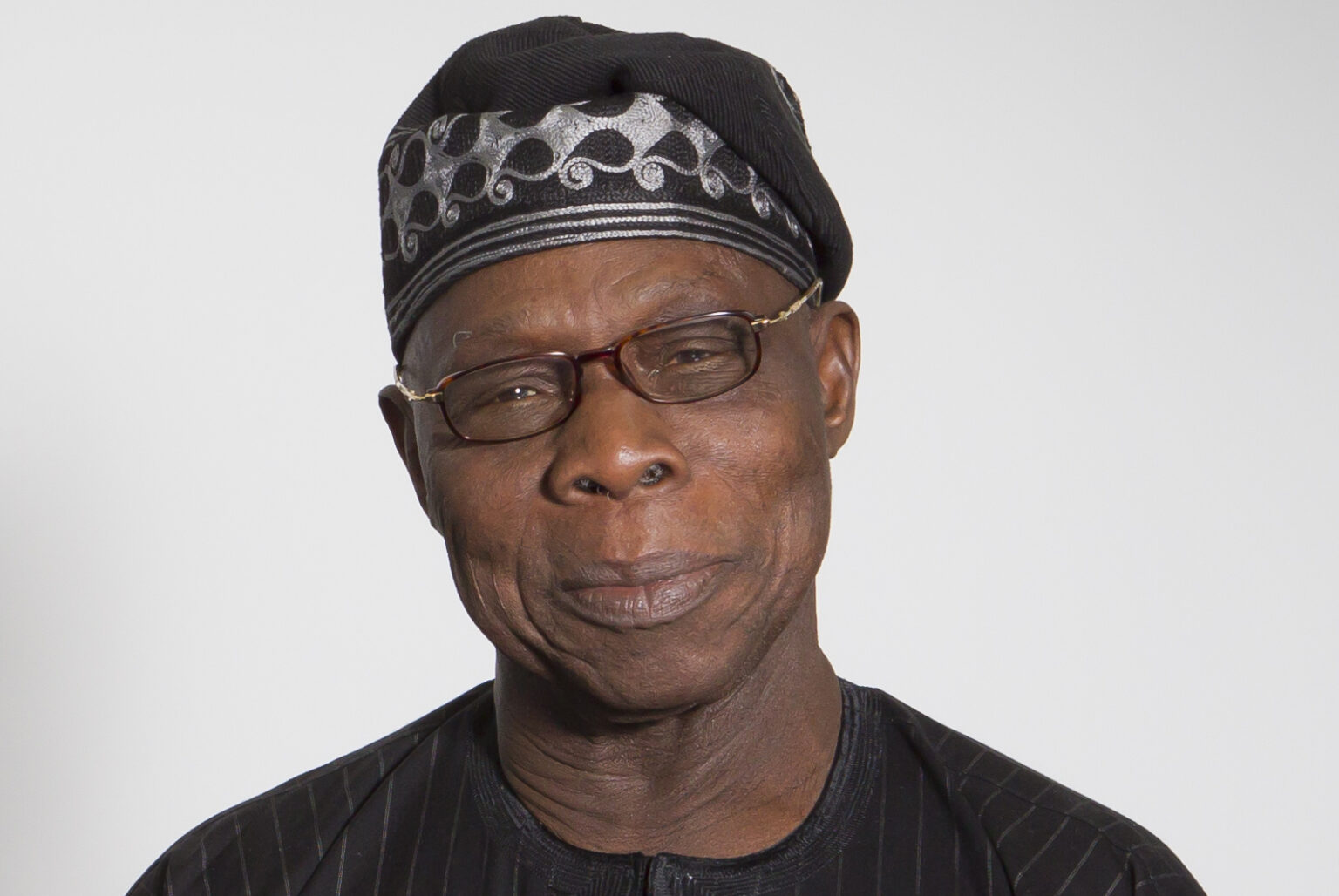Former Nigerian President Olusegun Obasanjo has shared details about his imprisonment under the military regime of the late General Sani Abacha in 1995. Speaking to a delegation of young leaders from the Future Africa Leaders Foundation, Obasanjo reflected on the challenges he faced during that period and his eventual decision to re-enter politics to help stabilize Nigeria.
In a statement released by his Special Assistant on Media, Kehinde Akinyemi, Obasanjo said, “Going to prison is a challenge, but I ended up there because I refused to keep quiet. For me, if there was something to comment on, I spoke out, and that landed me in prison.”
Obasanjo, who served as Nigeria’s military head of state from 1976 to 1979, explained that after his release from prison, the dire state of the country prompted many to urge him to run for office. “When I came out, the situation in the country was so dire that some people felt it needed saving, and pressure mounted on me to intervene,” he noted.
His incarceration reflected the broader repression during Abacha’s rule (1993–1998), a period notorious for human rights violations and suppression of dissent. Many political activists, journalists, and pro-democracy advocates were detained for opposing the military regime and advocating for a return to civilian rule. Obasanjo’s vocal criticism of corruption and human rights abuses placed him squarely in the crosshairs of Abacha’s administration.
One of the most infamous episodes of Abacha’s regime was the execution of the “Ogoni Nine” in 1995, led by environmental activist Ken Saro-Wiwa, which drew widespread international condemnation. The regime’s actions highlighted its intolerance for opposition and disregard for human rights.
During his discussion with the youth delegation, Obasanjo also addressed Africa’s rising debt burden, criticizing the corruption and recklessness associated with many loans. He cited a specific example of a Nigerian state that borrowed funds to establish a carpet industry that never materialized, yet the debt was repaid.
“It is essential to ensure responsible governance and accountability to prevent saddling future generations with unnecessary financial burdens,” Obasanjo stated, emphasizing the importance of prudence in public finance management.
Obasanjo’s reflections underscored the sacrifices made by pro-democracy advocates during one of Nigeria’s most turbulent periods. His leadership in Nigeria’s transition to civilian rule in 1999 remains a significant chapter in the country’s history, marked by efforts to restore democratic governance and promote stability.
Today, Obasanjo continues to be a prominent voice on governance, economic sustainability, and human rights, inspiring future generations to advocate for justice, accountability, and democratic ideals.
Read Also:How over $2bn was squandered on non-functional refineries – Obasanjo
Read Also: Obasanjo invited to tour P’Harcourt, Warri refineries



